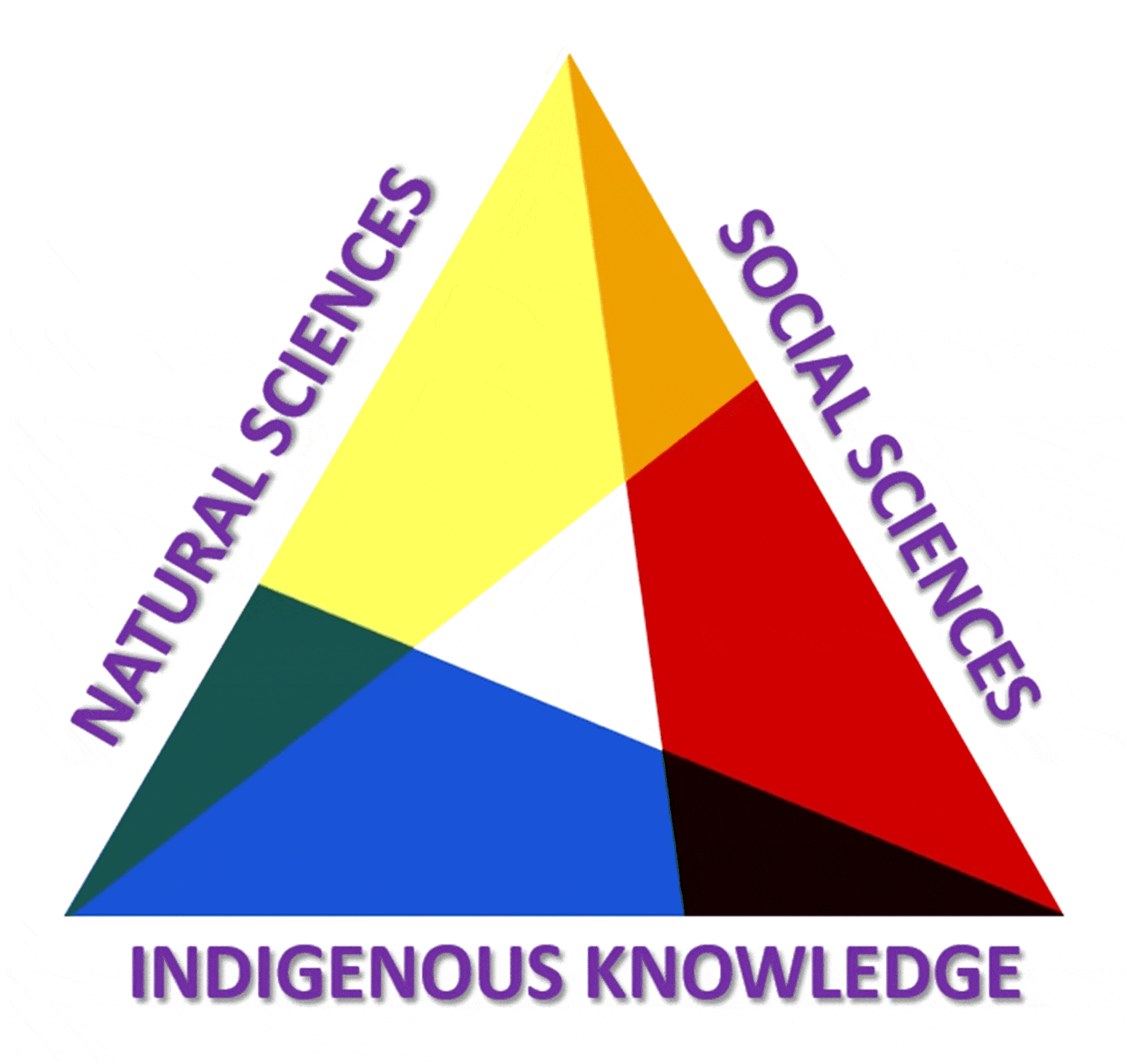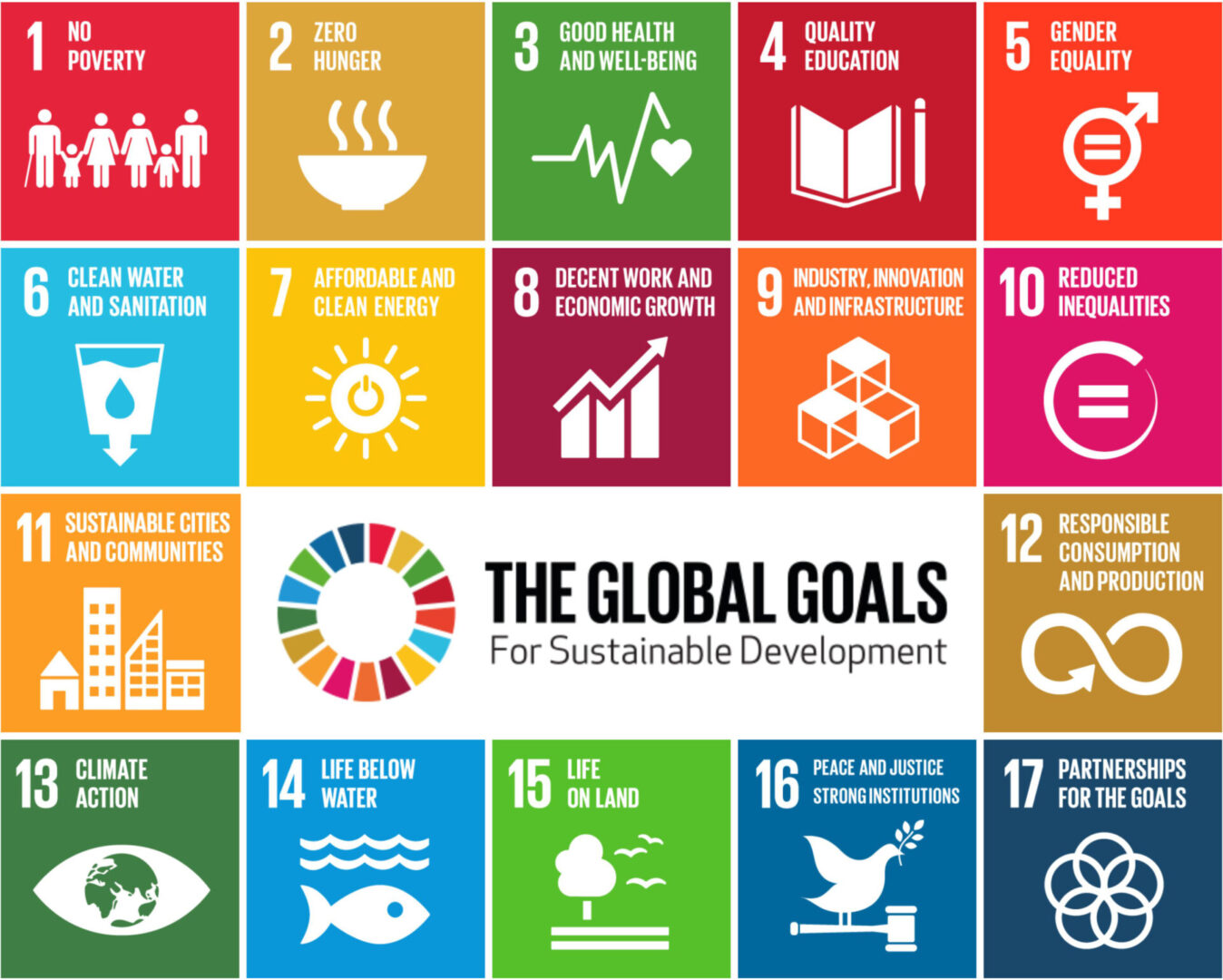Operating with Science Diplomacy


Welcome to the Science Diplomacy Center™
Science Diplomacy is a Language of Hope.
This website is designed to share the words, syntax and formulation of this evolving language for humanity to operate with informed decisionmaking and common-interest building for sustainability. Terms and phrases as well as key concepts are emphasized with repetition, bolding and hyperlinks. As a scalable innovation with local-to-global relevance across time:
SCIENCE DIPLOMACY is an international, transdisciplinary and inclusive process, involving informed decisionmaking to balance national interests and common interests for the benefit of all on Earth across generations.
There are intertwined branches of science diplomacy with enabling capacities framed around questions:
- What is science diplomacy? This question evolved from the 2009 Wilton Park Conference on the New Frontiers in Science Diplomacy with its rubric of: science in diplomacy; diplomacy for science; and science for diplomacy.
- How does science diplomacy operate? This question evolved from the 2009 Antarctic Treaty Summit with its foundation on “matters of common interest” to promote cooperation and prevent conflict (two sides of the coin of peace).
The Science Diplomacy Center™ emphasizes the latter question, triangulating Education, Research, and Leadership with informed decisionmaking as the scalable engine of science diplomacy:
Triangulation itself is a skill to create synergies – as with the international, transdisciplinary and inclusive process of informed decisionmaking – observing the challenge of inclusion is cross-cutting for humanity at local-to-global levels. Science itself is inclusively represented as the ‘study of change’ with the natural sciences, social sciences and Indigenous knowledge all contributing insights about patterns, trends and processes albeit with different methodologies. In the shape of a triangle, the Greek letter delta (∆) is the mathematical symbol for change with symbolism that extends to the Science Diplomacy Center™.
All of these knowledge systems have evolved over millennia as the bases for decisionmaking, with the nuance of science diplomacy to produce “informed decisions” that operate short-to-long term across a ‘continuum of urgencies.’ The outcomes of informed decisions influence governance mechanisms (laws, agreements and policies as well as regulatory strategies, including insurance, at diverse jurisdictional levels) and built infrastructure (fixed, mobile and other assets, including communication, research, observing, information and other systems that require technology plus investment) as well as their coupling for sustainability.
Theory, methods and skills of informed decisionmaking – as the engine of science diplomacy – are trained and applied with the Science Diplomacy Center™ at K-12, higher education and professional levels in view of lifelong learning across lifetimes.
The Science Diplomacy Center™ welcomes partnerships inclusively with hope and inspiration “for benefit of all on Earth across generations.”


The Science Diplomacy Center™ aims to educate next-generation science diplomats with informed decisionmaking as the engine of science diplomacy across stages of lifetime learning inclusively.
- Education is enhanced during K-12. For ‘digital natives’, the fundamental concepts of reading, writing and arithmetic are necessary, but no longer sufficient in our digital world with effectively infinite and instantaneous access to information. Sufficiency comes with informed decisionmaking and common-interest building skills to operate short-to-long term, integrating information with inclusion (who, what, when, where, why and how).
- Research is enhanced with higher education, enabling individuals to discover and grow. Research emerges with questions to address with methods, involving diverse knowledge systems (natural sciences, social sciences and Indigenous knowledge) that have evolved over millennia. Emphasis is with the questions, which characterize the systems and boundaries to explore with the appropriate methods short-to-long term.
- Leadership is enhanced at professional levels, requiring individuals to make decisions, involving negotiations with others in view of goals and objectives. The option (without advocacy) in the hand of every leader is a choice at the start of any negotiation – to begin from a foundation of conflict or common interests across a ‘continuum of urgencies’. Leadership involves allies and adversaries alike with common-interest building or conflict resolution, ultimately with the same desired outcomes to promote cooperation and prevent conflict short-to-long term, noting the starting point determines the journey.
The Science Diplomacy Center™ contributes with education initiatives, involving diverse media, courses, workshops, dialogues and training with skills, methods and theory of informed decisionmaking to operate short-to-long term with lifelong learning across lifetimes.
A cross-cutting education initiative at K-12, Higher-Education and Professional Levels applies the UN Sustainable Development Goals as pedagogical playground.

